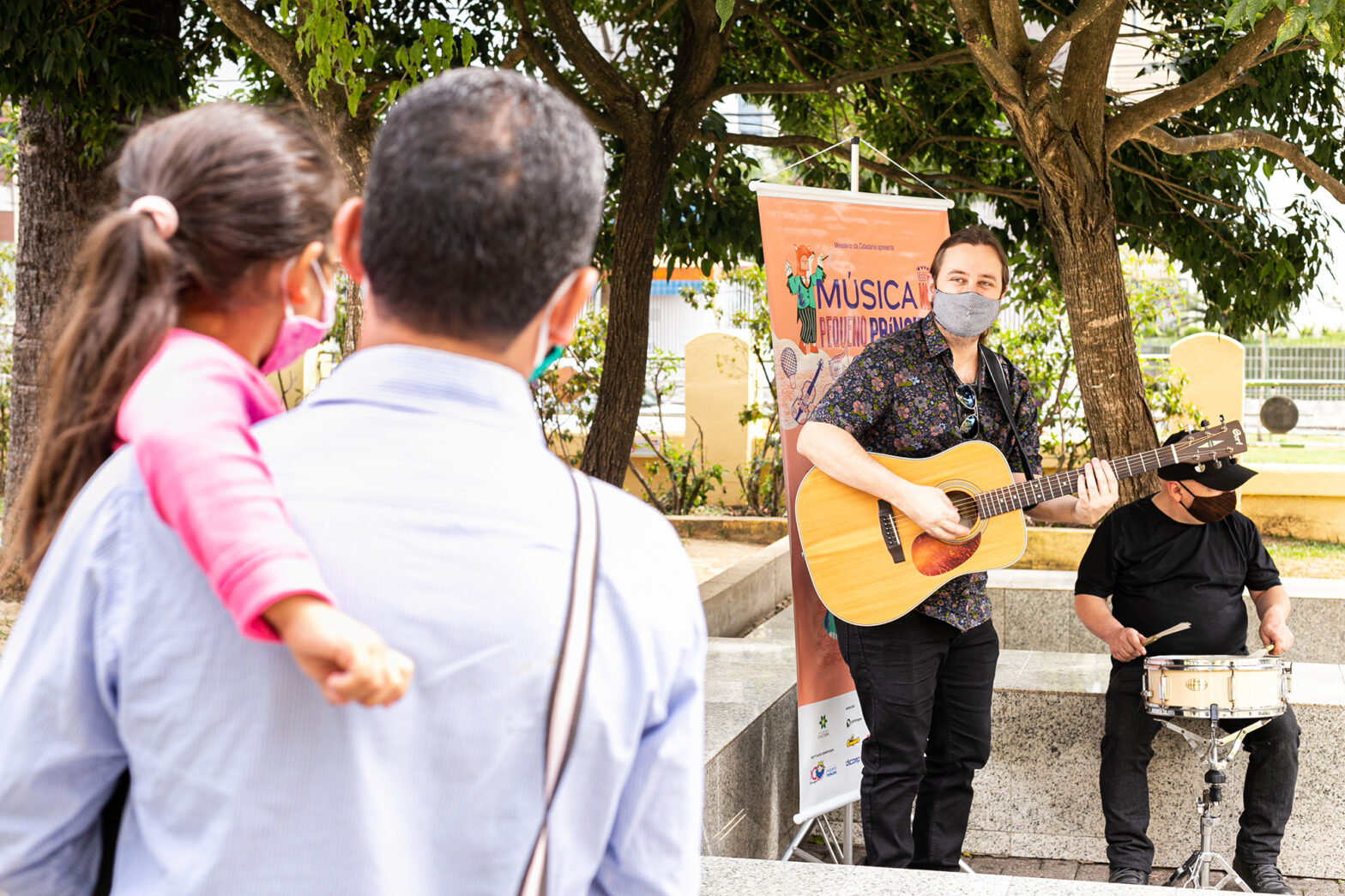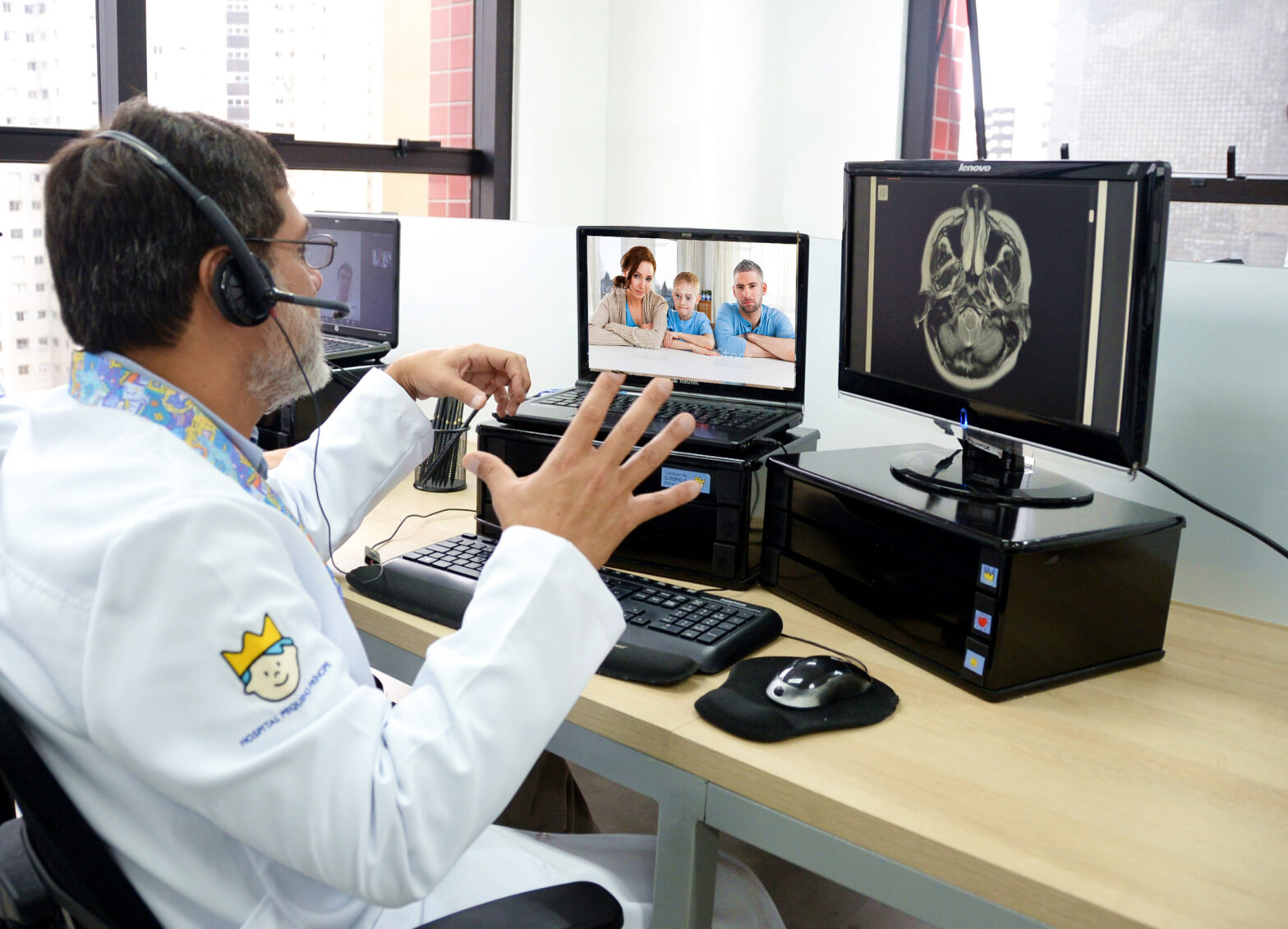More than 100 children victims of violence were admitted at the Pequeno Príncipe in 2020
The total number of patients assisted during the year reached 554. Throughout Life Campaign alerts society to the importance of reporting violence
A sad statistic. Every year, the Pequeno Príncipe Hospital receives hundreds of children and adolescents who are victims of all types of violence: sexual, physical, psychological, neglect or self-injury. In 2020, 554 cases were assisted, being sexual violence the predominant one, with 362 children victims, which corresponds to 65.3% of the total number of cases. In all, 103 children required hospitalization to recover from the injuries suffered or to be removed from their families until the child protection agencies take the appropriate protective measures. “These are appalling numbers, which highlight the importance of society being attentive, listening to the pleas for help from these boys and girls, and always reporting, because reporting can save lives,” emphasizes the Hospital’s executive director, Ety Cristina Forte Carneiro.
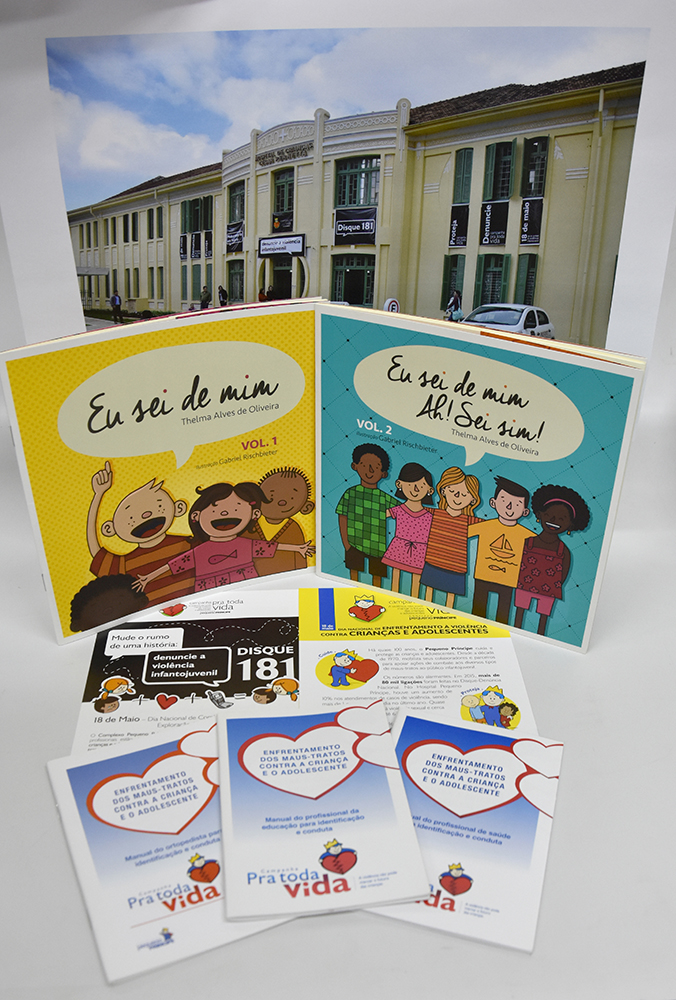
To make society aware of the importance of reporting, Pequeno Príncipe has, since 2006, been running the Throughout Life Campaign – Violence cannot scar our children and adolescent’s future. By means of manuals aimed at health and education professionals, books on self-protection aimed at children and teenagers, and community mobilization through videos, posts on social networks and other materials, the campaign seeks to give visibility to the theme, either by helping professionals to identify the signs of violence, or by encouraging people to report it. “Children ask for help, and their cry for help is not always heard. The boy Henry Borel is an example. He told the people he loved what was happening, but he was not heard. We need to welcome these children and save them from this circle of violence, which has intensified with the pandemic,” argues Ety.
Experts are unanimous that the need to stay home longer, brought on by the COVID-19 pandemic, has worsened cases of violence against children. “Historically, in about 80% of cases of violence, the resposible is someone in one’s own family or known to the family. In times of pandemic, the coexistence with these aggressors is increased. If we add this to the fact that people are more stressed, less tolerant, with various social problems, and even without school, which is a place of protection for children, they are undoubtedly much more vulnerable,” says Daniela Prestes, psychologist at the Pequeno Príncipe Hospital.
Profile of the victims
According to a 2020 report from the World Health Organization (WHO), one out of every two children – that is, one billion boys and girls – suffer some kind of violence in the world every year. The National Human Rights Ombudsman, which maintains Dial 100 (a toll-free number to receive reports of violence), counted 95,252 denunciations of mistreatment of children and adolescents in 2020 in Brazil. At Pequeno Príncipe, 554 children were attended to. Most of the victims, 67.5% of the total, were girls. Of all the boys and girls assisted, 167 had apparent injuries. While in 2019 two children were removed from the family and referred to shelters, in 2020 the number rose to eight.
The mother was the main suspect of the aggression in 132 cases, followed by the father, in 120 cases, and the stepfather, in 55 cases. It is also the mother who is the main responsible for seeking medical attention, which occurred in 78% of the cases. The father comes second, with 8%, followed by the grandparents, with 4%.
In the cases of sexual violence, the smallest children victims of this type of violation were three girls and a 10-month-old boy. In three of the four cases, the father was the main suspect. In 81% of the cases, the violence was committed by someone with family ties to the child.
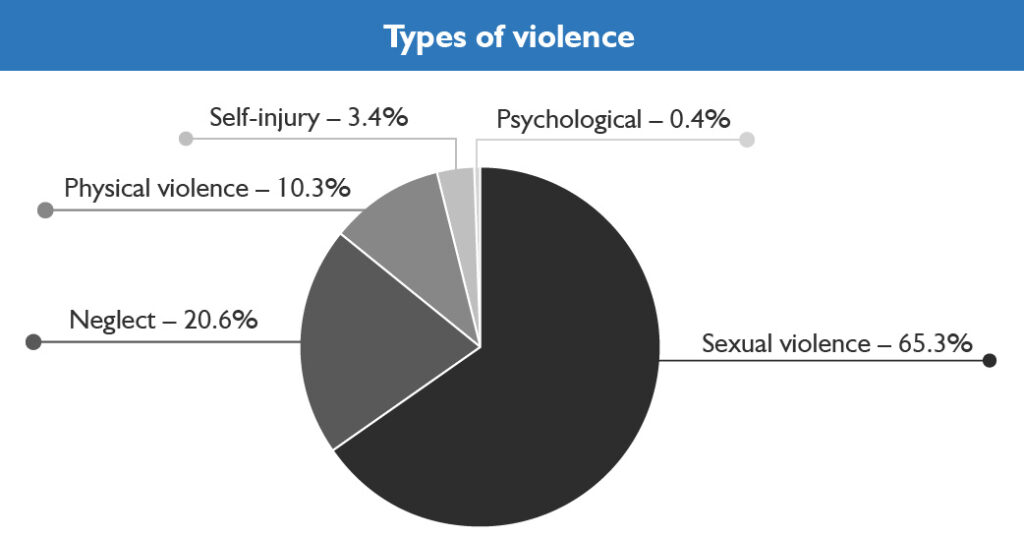
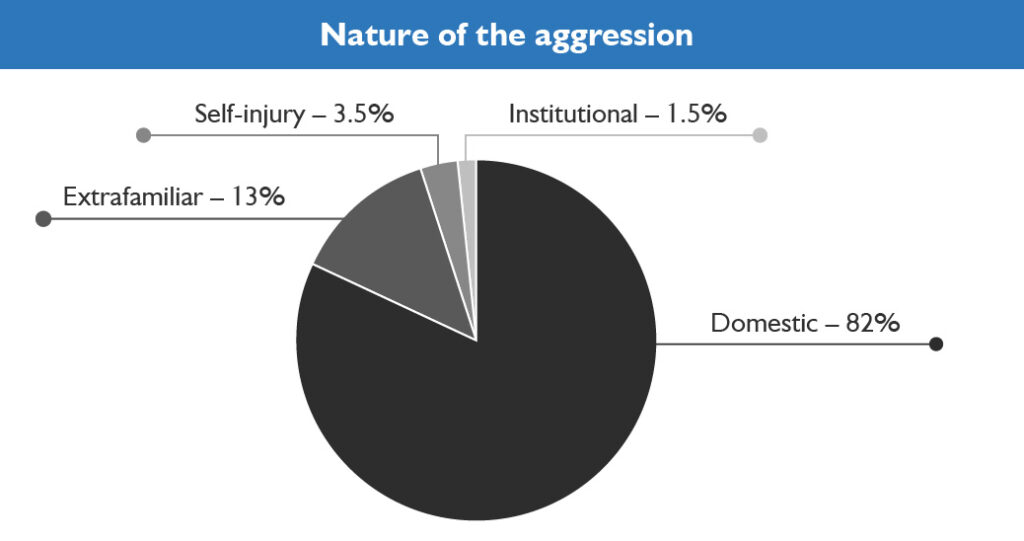
See, hear, report
The 2021 Throughout Life Campaign has as its theme an even stronger call to society to engage in the protection of children and adolescents. “‘See, hear, report’ is an appeal to society, a request for everyone to keep their eyes open, alert to the cries for help from children, and to take action to report suspected cases of violence. The denunciation can be made by calling anonymously to the Toll-free numbers 100 (national), 181 (Paraná) or 156 (Curitiba). This is a gesture that has the power to save lives,” says Ety.
More
Children and adolescents cannot be left without education and culture
Initiatives adapt to the social distancing rules imposed by the pandemic and migrate to the virtual environment
Telemedicine: one more way to provide continuity of care during the pandemic
Public Health System (SUS) patients have been prioritized. Consultations are being offered in 13 specialties


